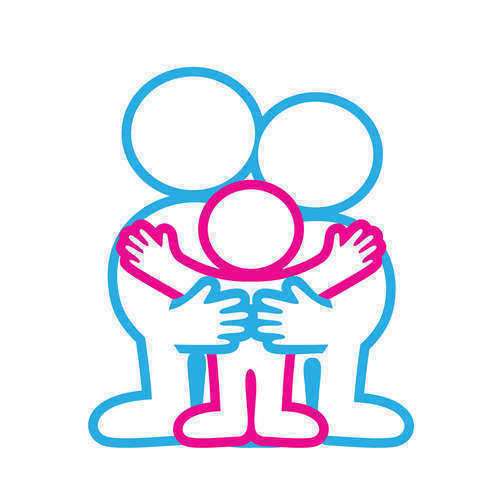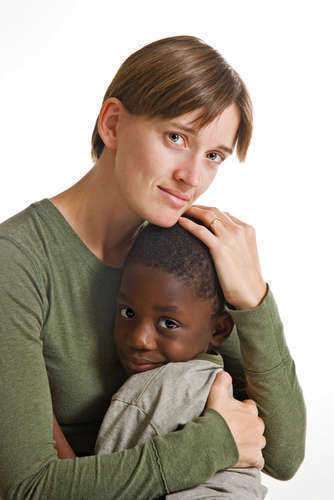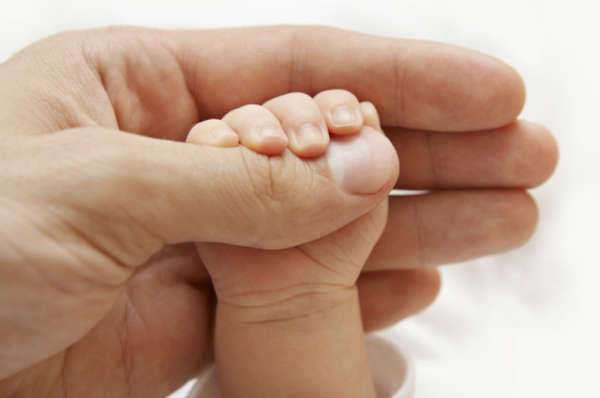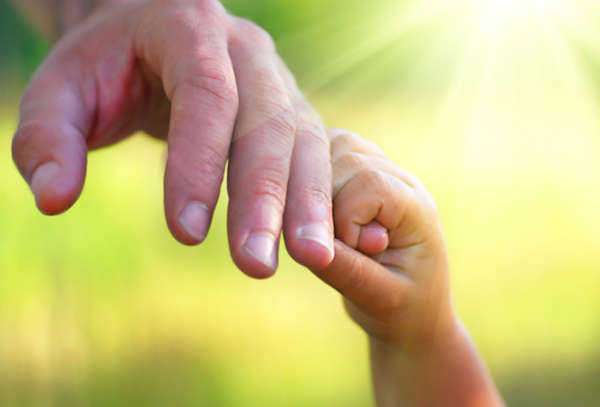The Facts on Baby Adoption

Many parents will seek to adopt a baby, choosing to raise the child from a very young age. There will be no shortage of baby adoptions available, especially when mothers have opted against abortion and carried the baby to term. There are some adoption agencies that specialize in baby adoption owing to different rules and laws regarding adopting babies and infants. The entire process will take up to two years depending on the wishes of the parents, babies available and time it takes for the parents to provide adequate arrangements for a child.
What are the typical steps in baby adoption?
Like all other adoptions, after the prospective parents have applied for an adoption, a home study will be conducted by a social worker to ensure that the family is qualified by an adoption. The choice of which family the child will be place with is sometimes at the discretion of the birthmother and the prospective adopting parents may have to meet with the birthmother for evaluation.
What are laws regarding baby adoption?
After an era where many unwed birthmothers were forced to give their children up for adoption, legal safeguards now exist to protect the rights of the birthmother against coercive adoption as well as provide legal protection for mothers that put their child up for adoption.
The Safe Haven law protects the rights of the mother to give up a newborn child for adoption. Under this arrangement, the mother will bring the baby, no more than five days old, to a hospital, fire or police station and leave the infant in the care of an individual there. That individual will arrange for the child to be placed in safe hands. Safe haven laws will vary by state and you will need to ensure that this law is followed or the birthmother will face criminal charges. Some states will check with the father of the child, if available, to ascertain if custody can indeed be relinquished.
State laws will also define the consent to adoption, which protects both the rights of the birthmother and the father if paternity is established. The right to consent can be terminated though if either parent abandons the child or commits a number of offenses that would find them unfit to be parents. There are also limitations on when the mother can consent to the adoption with some states allowing it some hours after the birth and some even allowing the consent to adopt before the baby is born. Consent can be revoked if the court finds the mother was forced to give up the child through coercion or that the consent was withdrawn within a legally defined amount of time, generally a few days after consent is given,
What will it cost for a baby adoption?
Tax credits for the adoption of a child may be more than enough to cover the adoption service fees. You will need to speak with the adoption service to determine your fee arrangements and what you will pay for the services, including services such as home studies.






















